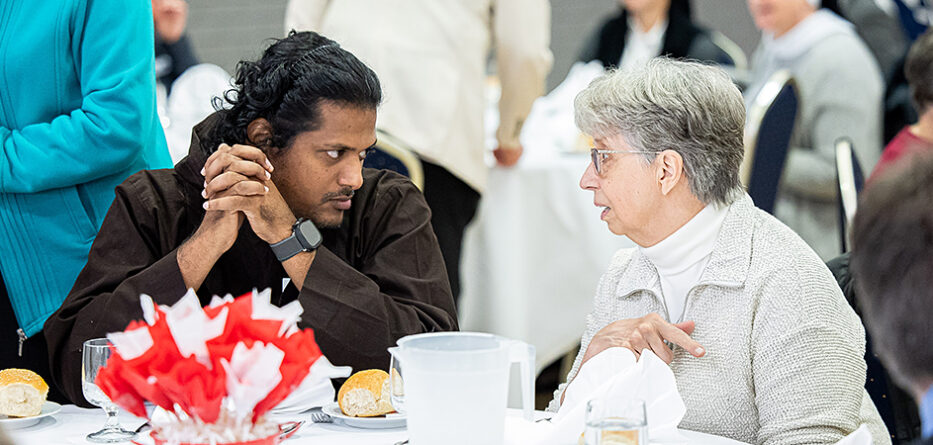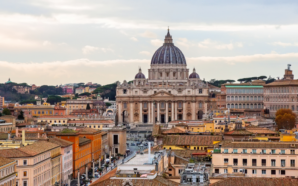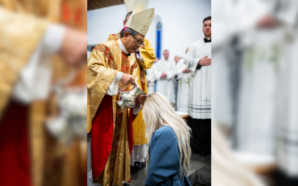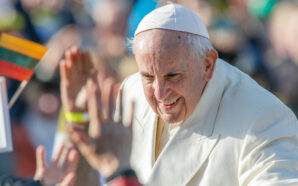Pope Francis’ Prayer intention for May: Let us pray that men and women religious, and seminarians, grow in their own vocational journey through human, pastoral, spiritual and community formation, that leads them to be credible witnesses of the Gospel.
The formation of priests and Religious may, at first sight, seem an internal Church affair distant from the major concerns of Catholic life. Yet on second thoughts, we can see its importance. In the making and shaping of the Catholic Church in Australia, priests have played a central part. Religious Sisters and Brothers have perhaps been even more influential through their work of forming the faith and Catholic life of children in isolated communities. They continue to play a central role in helping the Catholic Church be faithful to its mission in a changing world.
If they are so important in the life of the Church, Pope Francis’ call to pray for their formation is understandable. To serve and offer leadership to Churches in times of rapid change demands much of those called to it, whether they be lay people, religious or priests. It calls for human gifts of empathy, flexibility, good humour, intelligence and understanding of the world in which they work. It also calls for a capacity to build healthy relationships and an interest in other people. Leaders in the Church, too, need a deep understanding of faith and of the ways in which it is expressed in Christian life, and an instinctive sense of what is central and what is less important. Most importantly, it calls for a deep personal relationship to Jesus Christ and commitment to prayer and His service.
Even describing these qualities makes their possessor sound like St Jude on a good day. We should add a sense of humour at one’s deficiencies in all these qualities. A lifetime’s formation process would not supply gifts not given by nature nor remedy weaknesses. Formation is about recognising one’s personal gifts and failings, nurturing a habit of prayer, forming and reflecting on pastoral relationships, and coming to be at home with the ordinariness of Catholic life and the extraordinary goodness hidden in it.
Formation, of course, is also about discerning one’s calling. It is important that people be given special responsibilities in the Church that will reflect on whether their call is deeply and healthily rooted. It is also equally important that Church representatives reflect on whether candidates are equipped with the gifts and virtue to commend the Gospel and encourage the people whom they serve. The costs of failing to do so are heavy. They are evident in the sexual abuse scandal in the Catholic Church.
Pope Francis stresses the radical goal of formation – it is to ensure that the people formed will be credible witnesses to the Gospel and will, in turn, help form the people whom they serve also to be credible witnesses. He has consistently emphasised that such witness should lead Catholics to take their faith beyond the doors of the Church and what takes place within it. They are called to go to the edges of the Church and to invite people in. That mission must be grounded in the practice at every level of discerning where Christ is calling the Church to respond to people hungering for food and for wisdom.
Fr Andrew Hamilton SJ writes for Jesuit Communications and Jesuit Social Services.








